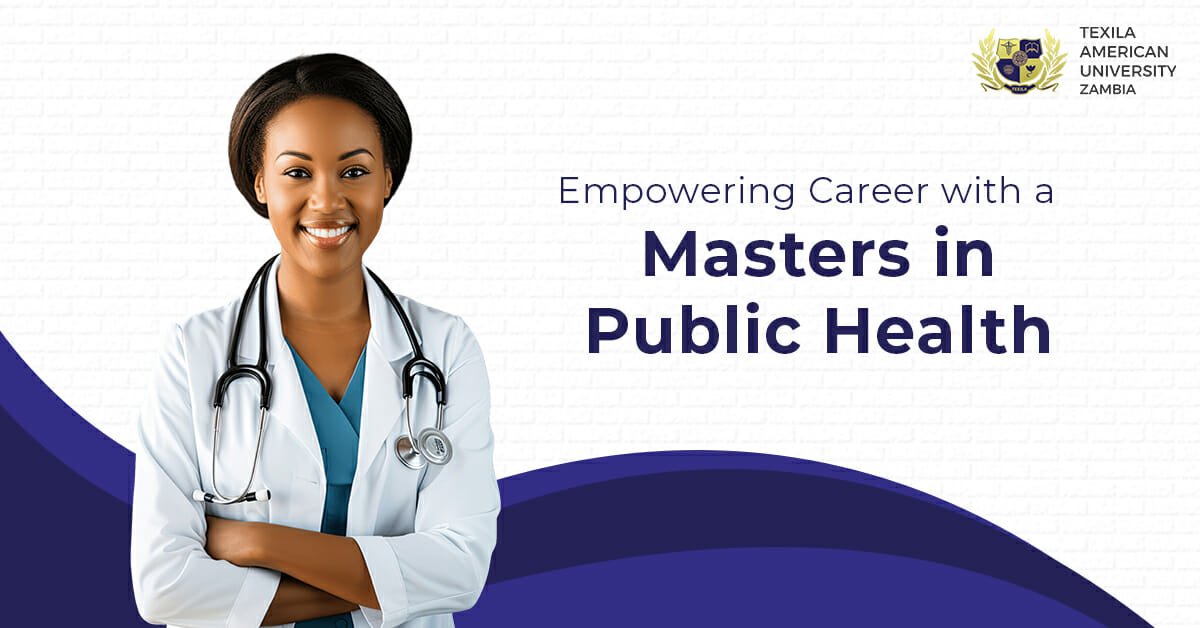Welcome to the realm of possibilities with a Master in Medical Science. This advanced program goes beyond traditional medical education, delving into specialized areas, equipping graduates with unparalleled expertise. Whether you aspire to lead groundbreaking research or enhance patient care, this article unveils the roadmap to your aspirations.
Definition of Master in Medical Science
The term “Master in Medical Science” refers to a postgraduate program designed for healthcare professionals seeking advanced knowledge in specific medical disciplines. Unlike traditional medical degrees, this program focuses on specialized subjects, fostering expertise and innovation in various facets of the medical field.
Advantages of Pursuing a Master’s in Medical Science
Enrolling in a Master’s in Medical Science program opens doors to numerous advantages. From gaining in-depth knowledge to honing critical thinking skills, students benefit from a curriculum tailored to meet evolving healthcare needs. This advanced degree enhances career prospects, setting graduates apart in the competitive healthcare landscape.
Diverse Career Paths for Graduates
A Master in Medical Science opens up diverse career paths. Graduates can explore roles in research institutions, pharmaceutical companies, hospitals, or academic settings. The versatility of this degree empowers professionals to contribute meaningfully to their chosen field, making a lasting impact on healthcare.
Admission Requirements
Achieving entry into a Master in Medical Science program requires meeting specific academic criteria and prerequisites. Prospective students must possess a relevant bachelor’s degree, demonstrate a strong academic record, and often provide letters of recommendation. Some programs may also require prerequisite courses to ensure a solid foundation.
Core Subjects and Specializations
The curriculum of a Master in Medical Science is thoughtfully crafted, encompassing core subjects and diverse specializations. Students delve into advanced topics such as medical research methodology, bioethics, and cutting-edge medical technologies. Specializations may include areas like molecular medicine, clinical research, or healthcare administration.
Importance of Accredited Programs
Choosing an accredited program is crucial for the success of aspiring medical scientists. Accreditation ensures that the program meets rigorous standards, guaranteeing a high-quality education. Graduating from an accredited institution enhances credibility and opens doors to a broader range of career opportunities.
Importance of Experienced Faculty
The caliber of faculty members significantly influences the learning experience. A Master in Medical Science program with experienced and accomplished faculty brings real-world insights into the classroom. Learning from seasoned professionals enhances the educational journey and prepares students for the complexities of the medical field.
Contribution to Medical Research
One of the program’s key features is its emphasis on research. Graduates of a Master in Medical Science program contribute significantly to advancing medical knowledge. Engaging in cutting-edge research projects, students explore new frontiers and play a pivotal role in shaping the future of healthcare.
Bridging Theory and Practical Experience
The program goes beyond theoretical knowledge, emphasizing the importance of practical application. Through hands-on experiences, students bridge the gap between theory and real-world scenarios. This approach ensures that graduates are not only well-versed in medical concepts but also adept at applying them in diverse healthcare settings.
Notable Achievements of Graduates
The success stories of alumni speak volumes about the program’s impact. Graduates of Master in Medical Science programs have made remarkable contributions to their respective fields. From groundbreaking research findings to advancements in patient care, these achievements underscore the program’s effectiveness in shaping competent and influential professionals.
Networking and Collaborations
Building connections within the medical community is a cornerstone of success in the healthcare industry. Master in Medical Science programs often provide opportunities for students to network with professionals, researchers, and industry leaders. Collaborative initiatives enhance learning, open doors to mentorship, and pave the way for future collaborations.
Supporting Students Financially
Understanding the financial strain on aspiring medical scientists, many institutions offer scholarships and financial aid. These resources aim to support students in their educational journey, ensuring that financial constraints do not hinder their pursuit of knowledge. Exploring these opportunities can make the dream of earning a Master in Medical Science a reality for many.
Overcoming Challenges in the Program
While the rewards of a Master in Medical Science are immense, challenges may arise. The rigorous curriculum and research demands can be daunting. However, with resilience, time management, and a supportive academic environment, students can overcome these challenges and emerge stronger, equipped with the skills needed to excel.
FAQs
- Is a Master in Medical Science only for doctors?
- No, the program is open to a range of healthcare professionals, including nurses, pharmacists, and researchers.
- How long does it take to complete the program?
- The duration varies but is typically around 2 years for full-time students.
- What career opportunities does this program offer?
- Graduates can pursue roles in research, academia, healthcare administration, and more.
- Are online Master in Medical Science programs credible?
- Accredited online programs can be credible, providing flexibility for working professionals.
- Can I specialize in a specific medical field during the program?
- Yes, many programs offer specializations, allowing students to focus on areas of interest.
- Are there opportunities for international students in these programs?
- Yes, many institutions welcome and support international students.
Conclusion
In conclusion, a Master in Medical Science is a gateway to a world of opportunities in the healthcare landscape. Aspiring medical professionals can gain specialized knowledge, contribute to research, and shape the future of healthcare. Embrace the journey, overcome challenges, and unlock your potential in the dynamic field of medical science.
